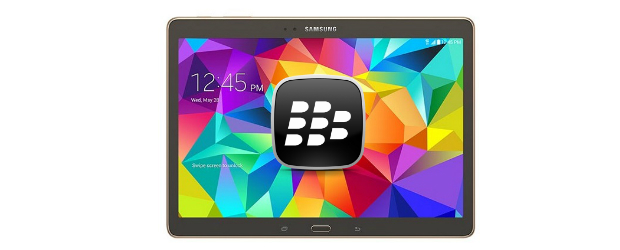Not exact the report channel partners where hoping for, but according to the latest figures from IDC 2015 tablet growth has slowed down, while the cellular-connected tablets and 2-in-1 devices maintained some momentum in the marketplace.
IDC reported that worldwide shipments of tablets and 2-in-1 devices are forecast to reach 221.8 million units in 2015, a decline of -3.8 per cent from 2014. The new outlook follows two consecutive quarters of declining sales and represents a modest downward revision from the previous forecast of 234.5 million units and 2.1 per cent year-over-year growth in 2015. While IDC expects overall sales to decline in 2015, some segments of the product category are poised to experience strong growth.
The research firm commented that a transition around size of the displays has also begun to take its course, with the share of small-screen tablets expected to drop from 64 per cent of the market in 2014 to 58 per cent in 2015, and declining to just under 50 per cent by 2019.
Jean Philippe Bouchard, Research Director, Tablets at IDC, said cellular-capable tablets and 2-in-1 devices experience important growth in certain parts of the world. This represents a huge opportunity for the entire tablet ecosystem as those cellular-connected devices fill multiple needs for vendors and carriers around the world such as quick solution to price and margin erosion, and when compared to smartphones, offer a less expensive way for carriers to increase their subscriber base.
Cellular-capable tablets and 2-in-1 devices still represent a small portion of the entire market but is expected to grow in 2015 and beyond. IDC forecasts that this segment will grow at a five-year compound annual growth rate (CAGR) of 5.6 per cent compared to Wi-Fi-only devices, which will experience a negative five-year CAGR of -0.4 per cent.
Ryan Reith, program director of IDC Worldwide Mobile Device Trackers, said this illustrates the direct impact phablets are having on the market, as users with larger screen smartphones have tended to have less need for a tablet with a screen size comparable to their smartphone. This also has some impact on overall average selling prices (ASPs) as larger screen devices tend to cost more.




